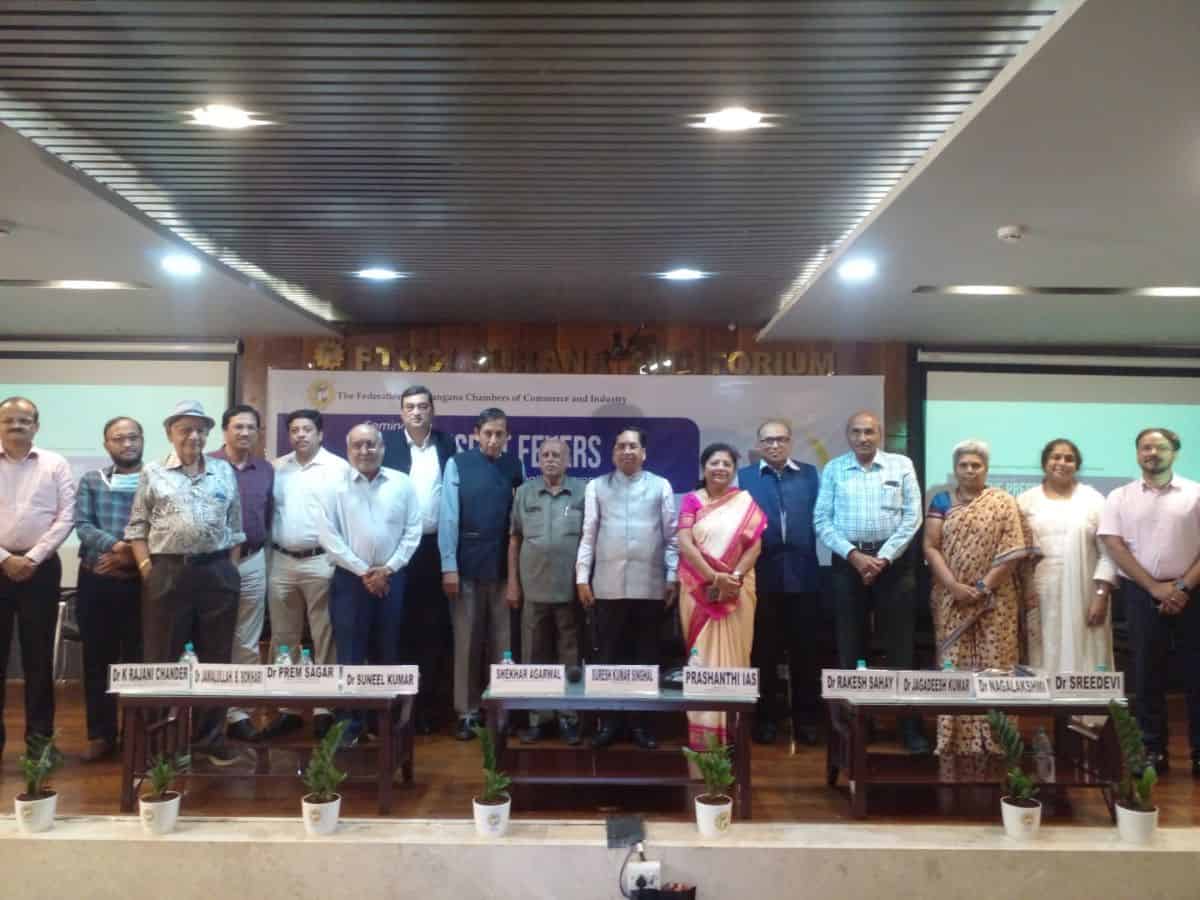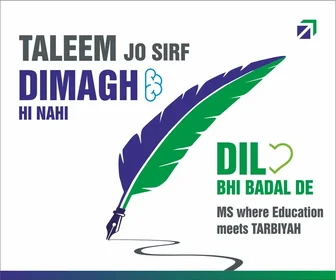
Hyderabad: Doctors from all streams of medicine have collectively stated that viral fevers affecting a large populace during the monsoons had a cure in every stream, whether it was Allopathy, Unani, Homoeopathy, Naturopathy and Ayurveda.
In a unique and rare seminar organised by The Federation of Telangana Chambers of Commerce and Industry (FTCCI) at the Federation House in Red Hills on Thursday, doctors from various streams of medicine gave their invaluable suggestions about prevention, diagnosis, treatment and post-treatment care of viral fevers like Chikungunya, Dengue, Malaria, Monkey Pox and other fevers.
At the outset, all the doctors found a common ground in the fact that stagnation of water needed to be prevented, so that mosquitoes couldn’t multiply near the houses. Fumigation, and most importantly breeding the ‘Gambusia fish’, which eats away the larvae of mosquitoes before they hatch in the water bodies, was suggested.
Dr Rakesh Sahay, professor of endocrinology and superintendent of Osmania Medical College, said that presently 500-600 patients were coming to the Fever Hospital every day with symptoms of fever, and 100 fever patients were showing up at Osmania General Hospital daily. Among those 100, he said that 50-70 were coming for outpatient services, while 10-15 were being sent for a detailed evaluation, and 10-15 were getting admitted. Only 3-4 cases are being diagnosed with dengue among them, he said.
Observing that chikungunya was taking over dengue in its spread presently, Dr V Jagadeesh Kumar, senior consultant physician at KIMS, said that finding the right doctor at the right time without going for “obsessive compulsive diagnostics” was the key to diagnosing the fever and prescribing medication accordingly.
He said that taking rest and hydrating self was the most important thing for a patient having fever, as infection would invade a person when the immunity is low. He said that diagnosis should be done based on the symptoms, and by plotting the day of the illness.
For instance, he said that dengue could be treated in 7-8 days, and that the first 4-5 days would see high temperature in the patient, and a drop in platelets could be seen only from 5-7 days. “Don’t panic about the clinical test reports. Go by clinical medicine,” he advised the patients.
“Antibodies take time to develop, and virus takes time to spread. So testing immediately through rapid test may not reveal the disease even though the patient may have it,” observed Dr Prem Sagar, head of department, internal medicine, Osmania Medical College.
Dr L Suneel Kumar, head of department, general medicine, Gandhi Hospital, who concurred with Jagadeesh Kumar and Prem Sagar, said that self-medication needed to be avoided, especially pain-killers like aceclofenac, combiflam and diclofenac.
Talking about chikungunya, Suneel Kumar said that while common symptoms were fevers, chills, joint pains, muscle pains, swelling in joints and rashes on the face, it could become severe in patients with comorbidities, with complications like chronic arthritis, chronic encephalopathy, red eye, brain infections, jaundice and kidney failure affecting some patients.
He said that 14% of patients could develop chikungunya arthritis, the complications of which, could continue for weeks to months, and rarely go up to one or two years. He suggested against taking medicines like cetrizine to treat rashes on the body in case of chikungunya infection.
Almost all the doctors advised eating healthy ‘pan to plate’ food, and to hydrate the body by drinking water sufficiently, so that the body temperature could be brought down and immunity could be boosted.
Dr Nagalakshmi, chief medical officer, Nature Cure Hospital, Begumpet, said that naturopathy offered several therapies like diet therapy, hydrotherapy, heliotherapy, acupressure, relaxation practices and other treatment methods to reduce fever and anxiety during viral fevers.
Suggesting circadian eating practices, she advised eating cereals preferably rather than millets during fever, and locally-grown seasonal foods which have nutrition and get absorbed by the body quickly. She advised against drinking coconut water if the patient had any gastric inflammation or irritability.
Noting that ‘Varsha Rithu’ which begins mid July and continues till mid September was the time when seasonal illnesses occur, Dr G Sreedevi, assistant professor, Government Ayurvedic College, said that Ayush 64 was found effective in treating malaria, and coriander decoction was effective in Ayurveda in bringing down body temperature during dengue fever.
Explaining the unique concept of Unani medicine, Dr Jamalullah B Bokhari said that the age-old medicine has been proven to be effective in treating H1N1 and influenza viruses.
Talking about homoeopathy, Dr K Rajani Chander, said that his stream of medicine focused on the symptoms peculiar to the patient, where personal history will be matched with the symptoms, and the symptoms of the disease is matched with the drugs, a methodology that would ultimately strengthen the patient.

